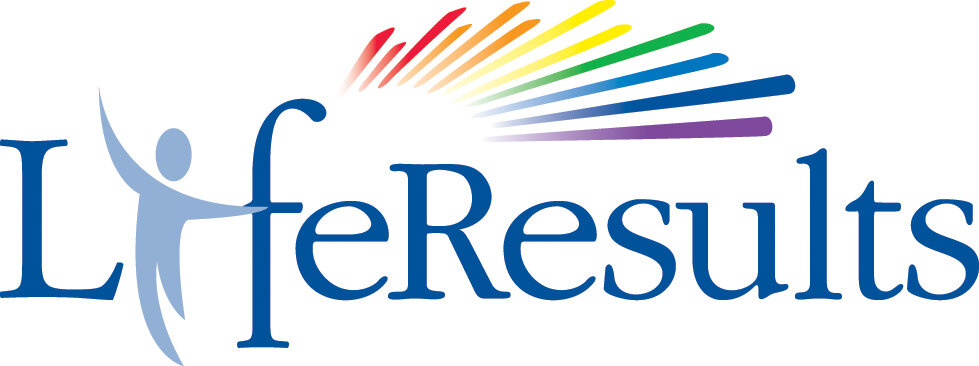Have you ever found yourself sitting at your desk on a Monday morning, staring at your computer screen and wondering, "Is this really what I'm meant to do?" Perhaps you've built a successful career in technology or another field, but despite the steady paycheck and professional accomplishments, something feels missing.
This feeling is remarkably common, especially after years of establishing expertise in one area. Many professionals reach a point where technical skills and experience no longer provide the satisfaction they once did. Instead, questions about meaning, impact, and personal fulfillment move to the forefront.
The Purpose Gap in Professional Life
Recent studies show that more than 60% of professionals report wanting more purpose in their work, with this number rising significantly among those in mid-career. This "purpose gap" often emerges after mastering the technical aspects of a profession, when deeper questions about contribution and meaning naturally arise.
For many established professionals, especially those considering a significant career change, the challenge isn't about finding just any new job—it's about finding work that aligns with personal values and creates meaningful impact.
Signs You're Ready for More Purposeful Work
How do you know if you're experiencing this purpose gap? Here are some common indicators:
You're competent but not fulfilled – You perform well in your role, but the work itself no longer energizes you.
Success feels hollow – Achievements and recognition don't bring the satisfaction they once did.
You're drawn to different industries – You find yourself interested in fields that align more closely with your personal values.
You think about impact – Questions about how your work contributes to something meaningful have become more important.
You crave alignment – The disconnect between your work and personal values has become increasingly uncomfortable.
Moving Beyond the Purpose Gap
If these signs resonate with you, you're not alone. Many successful professionals have navigated this transition from achievement-focused to purpose-driven work. Here are some insights from those who have made this journey:
Redefine Success on Your Terms
For decades, professional success has been defined primarily by advancement, compensation, and recognition. Redefining success means looking inward to determine what truly matters to you at this stage of your career.
Ask yourself: "If external recognition and compensation were removed from the equation, what kind of work would still feel worthwhile?"
Connect With Your Core Values
Your values are the foundation for purposeful work. Take time to identify what principles matter most to you: Is it innovation? Helping others? Environmental sustainability? Creative expression? Problem-solving?
Understanding these core values provides a compass for evaluating potential career directions.
Look for Purpose in Unexpected Places
Purpose doesn't always require a dramatic career change. Sometimes it can be found by:
Reshaping your current role to incorporate more meaningful projects
Mentoring others in your field
Applying your skills to different problems within your organization
Connecting your expertise to causes you care about
Embrace the Journey of Transition
Finding more purposeful work rarely happens overnight. It's a process of exploration, experimentation, and gradual alignment.
One technology executive who transitioned to sustainable business consulting shared: "I didn't leave my tech career immediately. I started by volunteering my IT skills with environmental organizations, which helped me build a bridge between my established expertise and my emerging purpose."
Finding Support for Your Purpose Journey
While these insights offer a starting point, navigating a purpose-driven career transition benefits from structured support and tools specifically designed for this journey.
This is where the LifeResults CORE workshop can provide significant value. Over one transformative weekend, you'll join others who are also seeking greater meaning and purpose in their professional lives. Through experiential learning, you'll:
Gain clarity about your authentic values and how they can guide your career choices
Develop tools for navigating the uncertainty of transition
Learn to recognize and move beyond limiting patterns that keep you in unfulfilling work
Build confidence in making choices aligned with your deeper purpose
Create a practical roadmap for your purpose-driven career transition
As one CORE graduate shared: "After 20 years in my field, I knew I needed change but felt trapped by my expertise and responsibilities. The CORE workshop helped me see that my experience wasn't a limitation—it was a foundation for creating meaningful impact in a new direction. For the first time, I felt confident about moving toward work that truly matters to me."
If you're ready to bridge the gap between professional success and personal fulfillment, the LifeResults CORE workshop provides the supportive environment, practical tools, and clarity you need to take your next step.
Join us for an upcoming CORE workshop and discover how to transform your professional journey from merely successful to deeply meaningful.
LifeResults is a certified non-profit organization that has helped over 250,000 people discover practical tools for creating meaningful change in their personal and professional lives. Our experiential workshops focus on mindfulness, intentional choices, and authentic growth.









